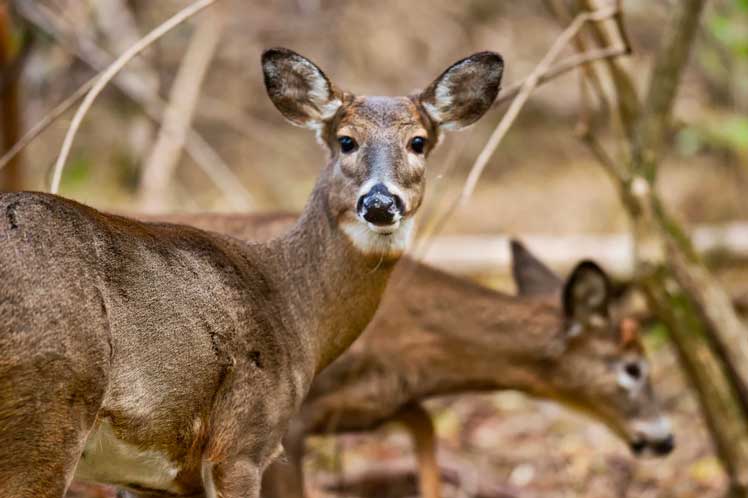The statement remarked that although wildlife does not play a significant role in the spread of the new coronavirus in humans, spread in animal populations can affect the health of these populations and may facilitate the emergence of new virus variants.
In addition to domestic species, free-ranging, captive or farmed wild animals, such as big cats, mink, ferrets and great apes, have thus far been observed to be infected, WHO stated.
For example, approximately one-third of wild white-tailed deer in the United States have been infected with SARS-CoV-2, initially via several human-to-deer transmission events.
Personnel working closely with wildlife should be trained to implement measures that reduce the risk of transmission between people and animals, WHO urged.
ef/iff/jcm/ifs









